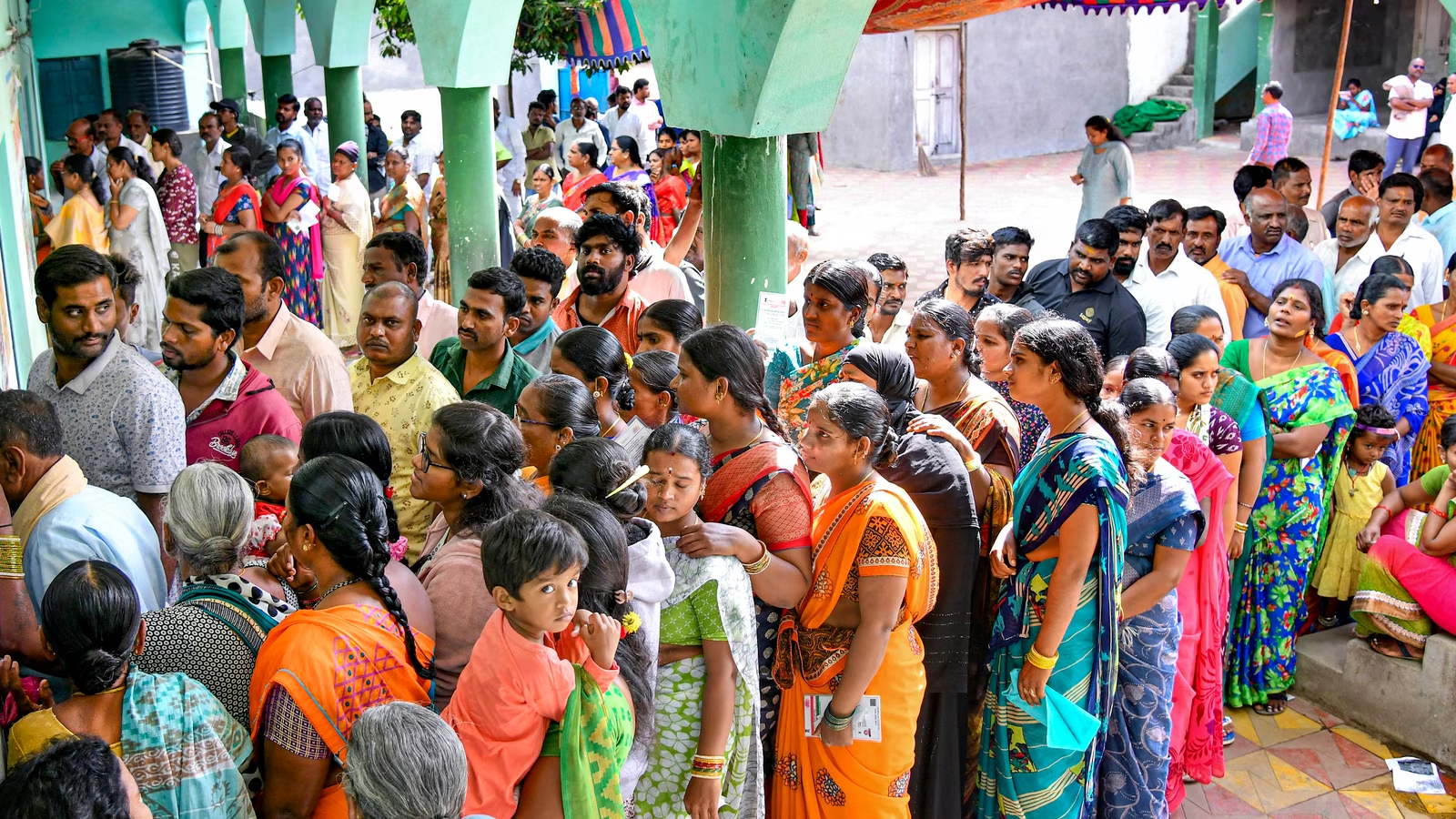In recent years, the widespread popularity of vaping, the act of inhaling and exhaling vapour generated by electronic cigarettes and similar devices, has surged. While being promoted as a safer substitute for conventional smoking, concerns have arisen regarding its potential implications for fertility. Thorough research has illuminated the potential effects of vaping on reproductive health, prompting the fundamental question: Does vaping support or jeopardise fertility?
As per the media reports, Dr. Aneesha Grover, an Infertility Specialist at Nova IVF Fertility shared insights into the matter . ” Studies have indicated that vaping might have adverse effects on both male and female fertility,” she stated. For males, vaping has been linked to a reduction in both the quality and quantity of sperm. The components present in e-cigarette vapour including nicotine and formaldehyde have demonstrated the capability to disrupt sperm production and hinder sperm motility. Additionally, the elevated temperature caused by vaping devices can elevate the testicular temperature, a factor known to detrimentally influence sperm production.”
Dr. Grover unveiled, “Females, too may experience disruptions in their menstrual cycles and fluctuations in hormone levels due to vaping. Nicotine, a key ingredient in vaping liquids has been proven to lower oestrogen production, a pivotal element for proper ovulation and reproductive well-being. Furthermore, research has pointed towards potential adverse outcomes of vaping during pregnancy encompassing preterm birth and low birth weight. It’s crucial to bear in mind that the long-term consequences of vaping on fertility are still under scrutiny and the existing data might not encompass the complete spectrum of associated risks. Additionally, the wide array of vaping products with varying compositions makes it arduous to arrive at definitive conclusions.”
Dr. Grover accentuated, “While vaping has gained traction as a perceived safer alternative to smoking, emerging evidence indicates potential hazards to fertility. Both male and female reproductive health can be compromised by the substances present in e-cigarette vapour, possibly resulting in reduced fertility and unfavourable pregnancy outcomes. As ongoing research advances, individuals with fertility concerns are advised to approach vaping devices with caution and explore alternative options for nicotine consumption.”
Adding her professional insight to the discourse, Dr. Ankita Kaushal, a Consultant specialising in Motherhood Fertility and IVF in Kharghar, Mumbai, shed light on the matter. “When long-term smokers aspire to quit smoking, vaping is often considered a healthier choice. However, the issue lies in the fact that vaping cartridges still contain nicotine and other harmful toxins present in traditional cigarettes. Consequently, the transition from an unhealthy habit to a new one occurs, rather than a complete cessation. Numerous ongoing studies are currently unravelling the full impact of vaping on reproductive functions. Nonetheless, the cumulative data amassed so far points towards potential harm to fertility for both men and women.”
She further elucidated, “In males, smoking can lead to diminished sperm counts and motility, increased DNA fragmentation in sperm as well as a rise in abnormally shaped sperm collectively compromising sperm quality. The capacity of sperm to fertilise eggs might be impaired by smoking. Chemicals like nicotine, cyanide, and carbon monoxide expedite the loss of eggs which cannot be regenerated once lost. Additionally, women who smoke experience menopause 1 to 4 years earlier than non-smokers. Vaping during pregnancy has the potential to negatively impact foetal development and impede the growth of newborns and children.”
Also Read: Rivaba Jadeja In Public Spat With Jamnagar MP And Mayor: Heated Exchange Caught On Camera












